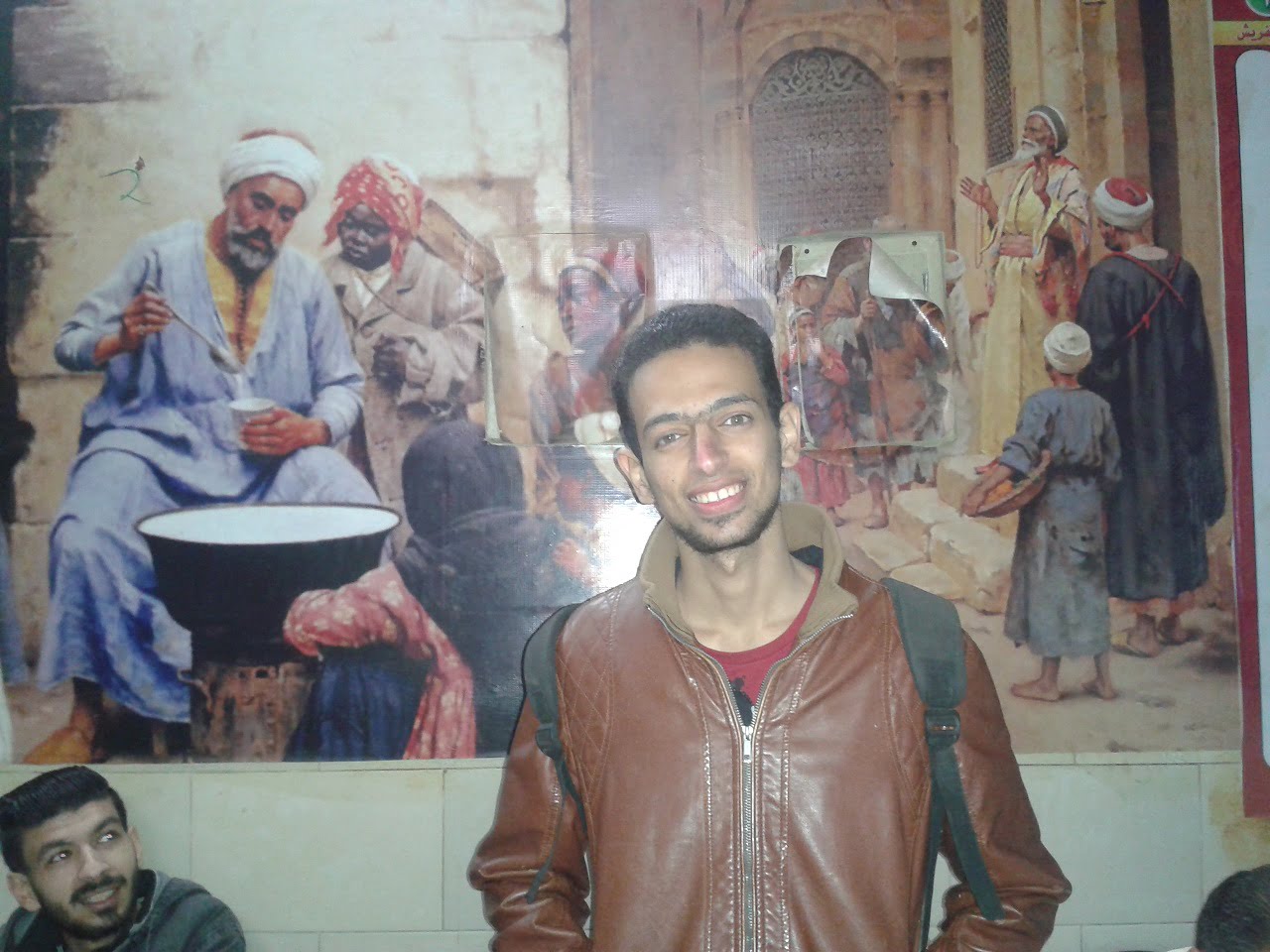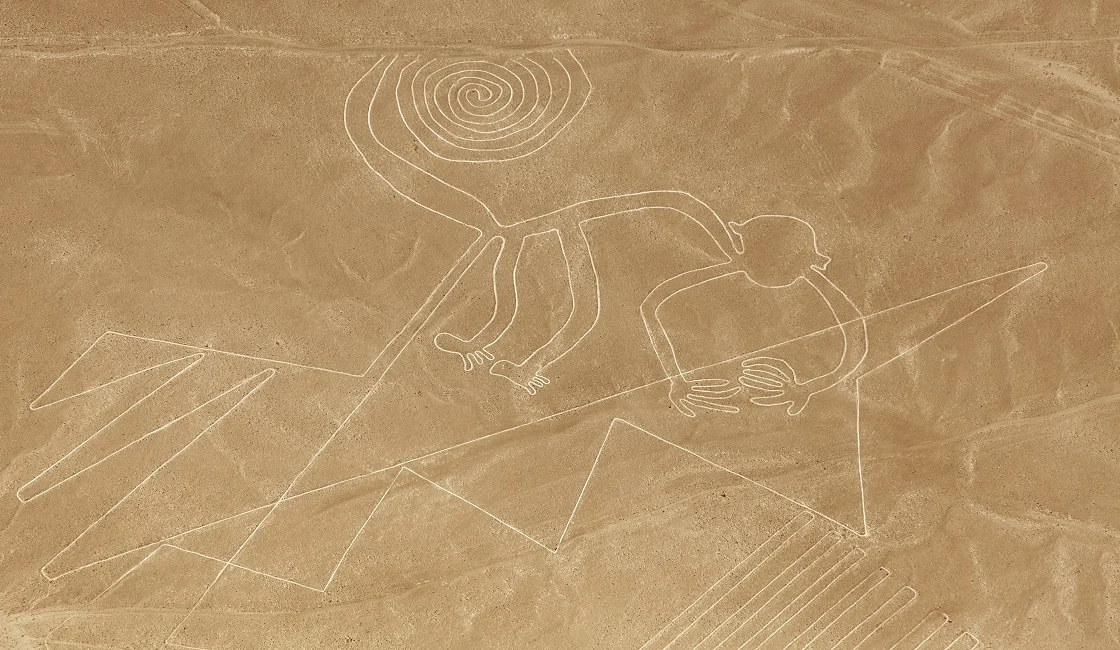
Human beings are members of a whole
In the creation of one essence and soul
If one member is afflicted with pain
Other members uneasy will remain
If you have no sympathy for human pain
The name of a human you cannot retain
--- Saadi
The other day, I came across an Arabic cultural magazine with an article advertised on the front cover about cybernetic intelligence, not something you’d expect to see in such a publication. As luck would have it, I’d recently read Dr. Faycel Lahmeur’s In the Forgotten Dimension (2022), and, wouldn’t you know it, while a space opera, one of the things that drives the hero gaga is cyborgs.
By Emad Aysha
It’s not robots and AIs that bother him but the unreality of it all lingering in the back of his mind. When he bumps into friends and colleagues who can’t remember a happy occasion they all shared, he begins to suspect they are cyborg replacements and that a conspiracy is afoot. That’s when things go from already bad to much worse. His antisocial behavior gets him into trouble with the (computerized) authorities, who go after him and everyone he knows.
Recollecting this setup got me thinking about how robots and artificial intelligence is portrayed in science fiction in our part of the world. You’d be surprised; most of the time, it’s pretty good. Despite the misgivings many early Arab and Muslim SF writers had about the relentless advance of science, they didn’t necessarily see robots as evil. They are tools at our disposal at the end of the day; if they’re being poorly deployed, it’s because of us. Check out Sakin Al-Majara [Resident of the Nebula] by Yemeni author Mohammed Al-Shaibani, where mass unemployment results in the modern world – even for lawyers and judges because of AI machines adjudicating inheritance cases (to ensure neutrality), and even for prostitutes because sexbots are taking their place. Nonetheless, the Arabs in the fragile East have found a magical solution. They are keeping women at home so their husbands can find work. (The black servant girl Sheikh Akam ‘does it’ with was a law graduate, not coincidentally). Now, look at Ammar Al-Masry’s Atlantis trilogy, which begins with a robotic rebellion against humanity perpetrated by an alien invasion, using them as a fifth column. You would think this is an unequivocally lousy portrayal of AIs – they were reprogrammed to break Asimov’s three laws – but the robots begin to imitate man, forming families and even trying to incorporate human body parts into their systems. In the third novel, you have robots trying to imitate men at the level of facial expressions and humor and being disappointed in themselves when they can’t quite hit the mark. (Us Muslims are such a forgiving lot, aren’t we? I don’t know about you, but I’m positively annoyed!)
Ammar, like many Arab and Muslim authors, is very concerned with enemies redeeming themselves and being given a second chance. A praiseworthy trait and not something you always find in American sci-fi. (Leaving aside the cheesiness of a nice guy Arnold in the second Terminator movie). That seems to be part of what’s driving this thematic plot twist. Look at Dr. Hosam Elzembely’s novel The Half-Humans (2001), which has an android heroine (made of reconstituted tissues but battery-powered like a mobile phone). She’s very enthusiastic, however, and exhibits tremendous courage, intelligence, and volition to the point that the main hero falls in love with her. When queried about this, Dr. Hosam explained that she, in effect, has a soul inspired by Quranic verses that state that all things worship God – animals, vegetables, and minerals – and that everything has a kind of residual consciousness.
Japanese science fiction is positively obsessed with mindless robots running amok and cyborgs and AIs developing their consciousness and humans being reduced to unthinking, unfeeling automatons in our hyper-mechanized world. Just watch the Ghost in the Shell movies, or the AD Police series. Their religious beliefs allow for that kind of thing – energy and consciousness – not to mention their experience with capitalism. Transitioning from consciousness to conscience, the possibility of redemption is second-nature. But how can you be redeemed if you consent to be pushed around like a robot, squandering the gift of passion and reason that God bequeathed you?
Ahmed Salah Al-Mahdi also got me a draft story where an old man is scheduled to hand over his consciousness to an android so that he can conquer death. The man battles with his soul, thinking about the benefits (finally reading all those books he never got around to reading) but hesitates at the last minute and wants to call it off, only to be told point blank that he isn’t human anymore – he already transferred his consciousness into this current half-biological body on a previous occasion, and asked to forget because of his ‘hesitations’. A published story by Ahmed, The Naked Robot, has an android rebelling when a proper old fashioned robot replaces him and he disguises himself as a human afterward. He gains his own volition and breaks his programming, but benignly. He doesn’t become a threat to humanity, merely wanting to be like them.
Now for the big enchilada. Iraj Fazel Bakhsheshi’s “Ice Cream Cone” (2014), where we’re greeted (in excruciating detail) with a scene of a hot summer day being rewarded with ice cream. The said recipient, however, doesn’t eat it, slowly letting it melt in his hand while he sits on a bench, a blank expression on his face as life passes him by – garbage strewn on the street, hungry cats, beggars. When he goes home, you get the shock of your life. He plugs himself in to recharge, with the TV set broadcasting a poetry contest – hence the poem quoted above.
So much for Frankenstein or Pygmalion!






